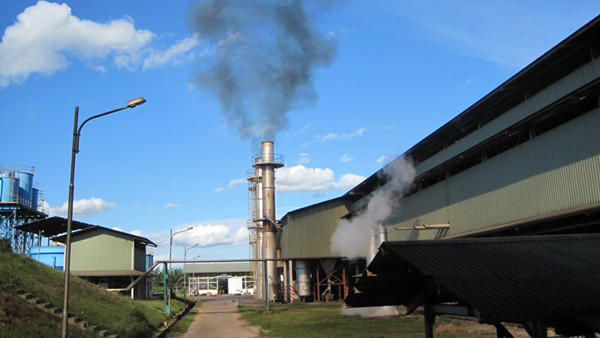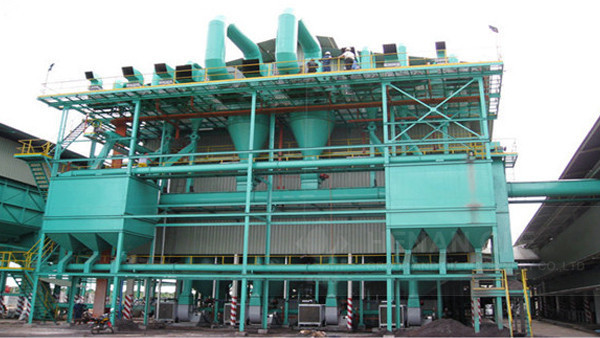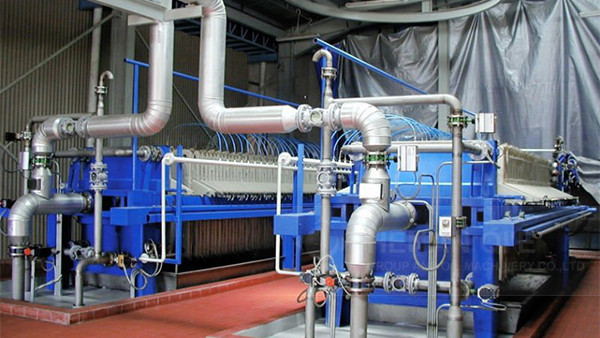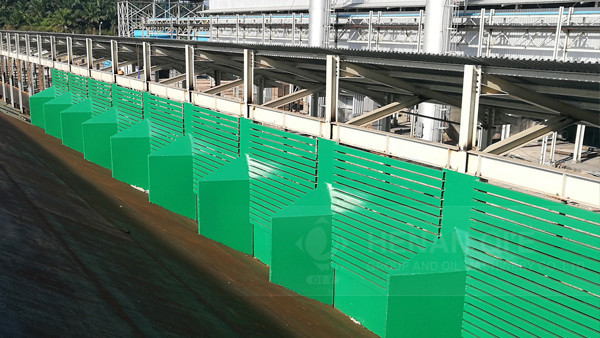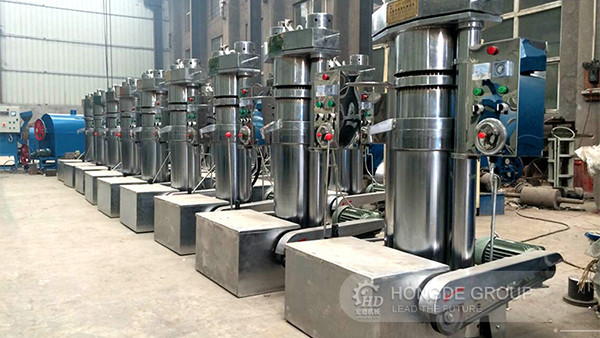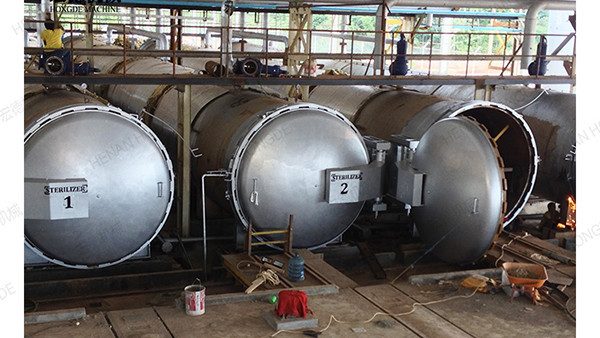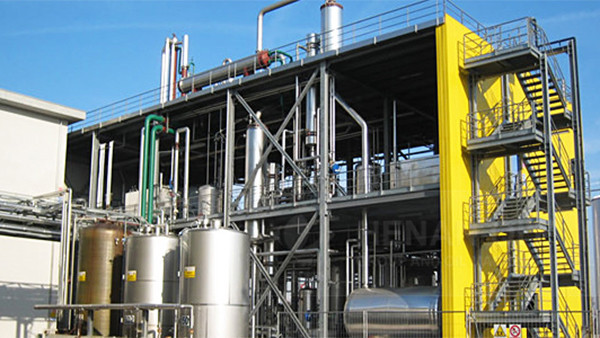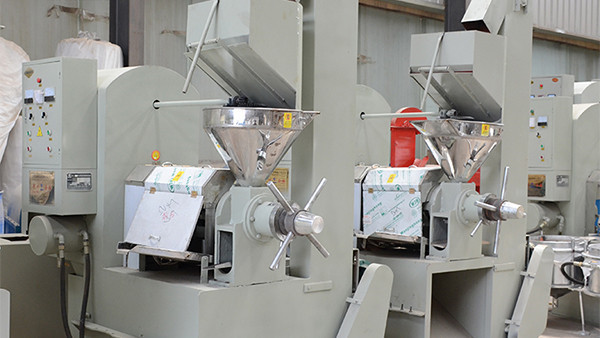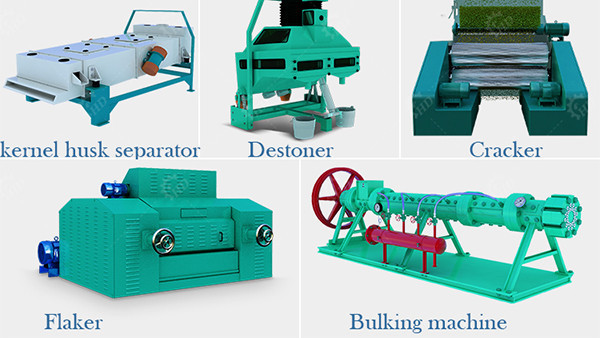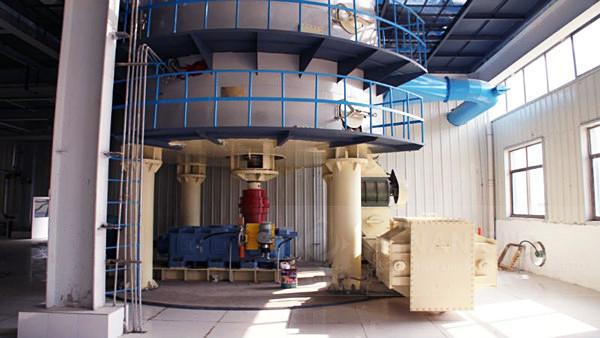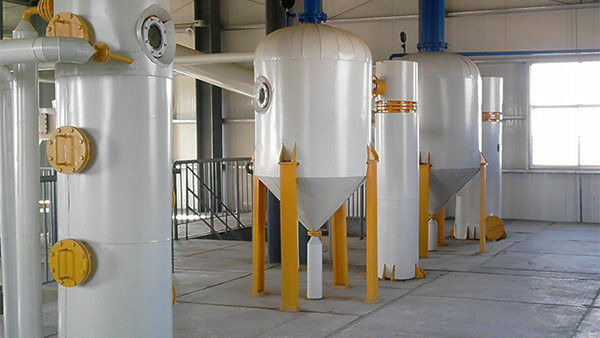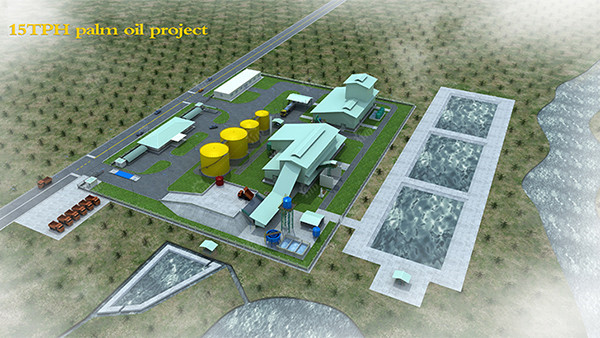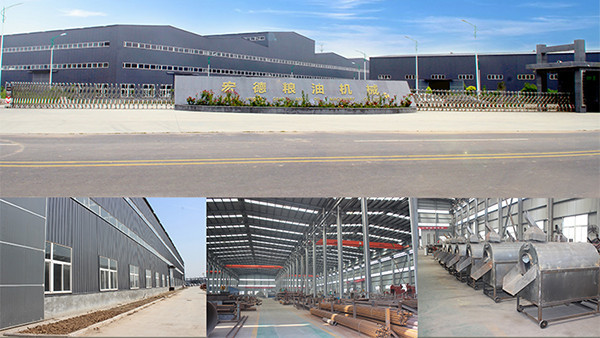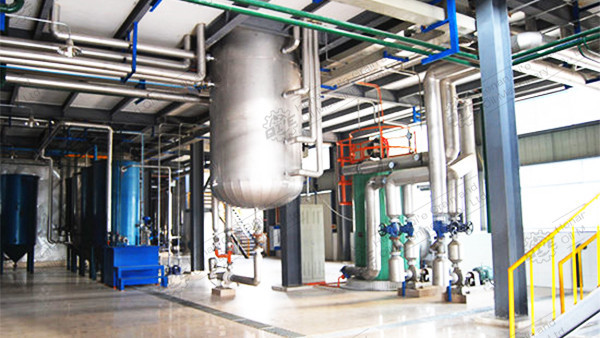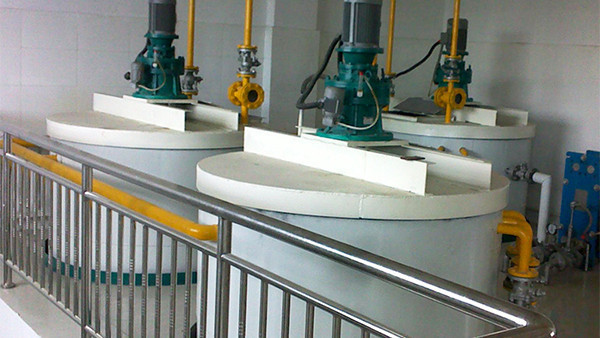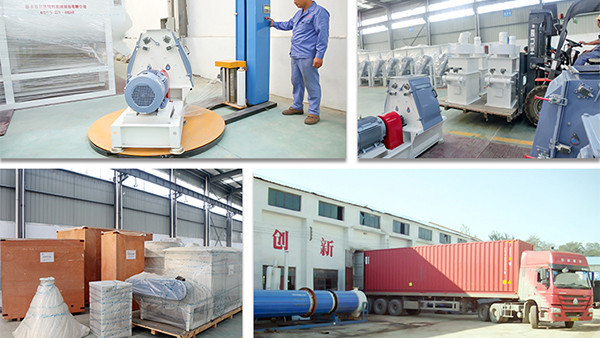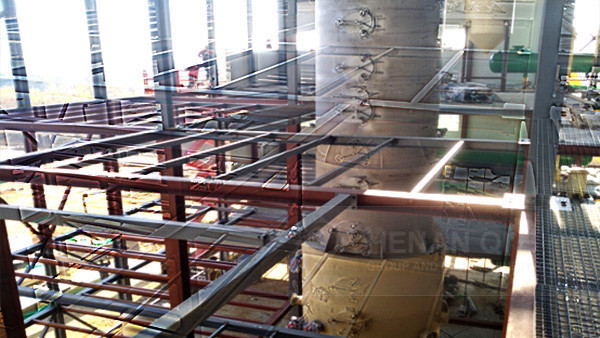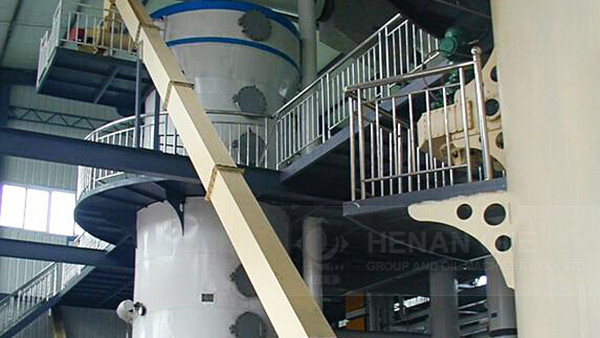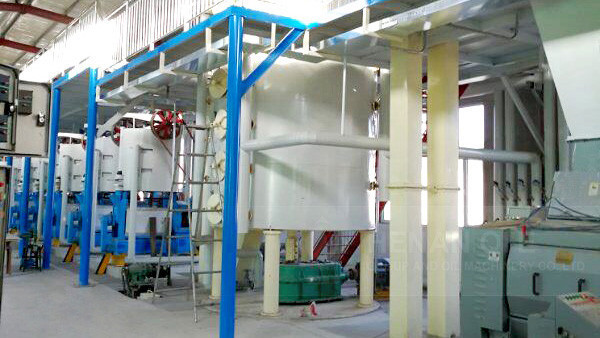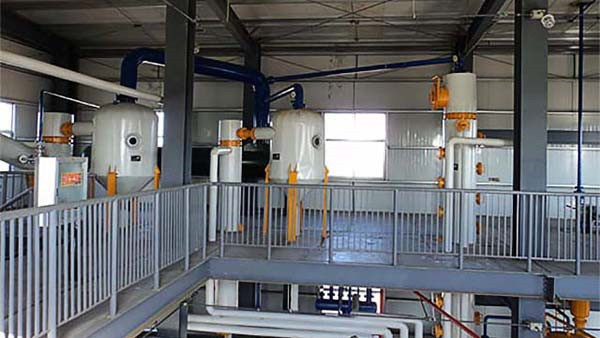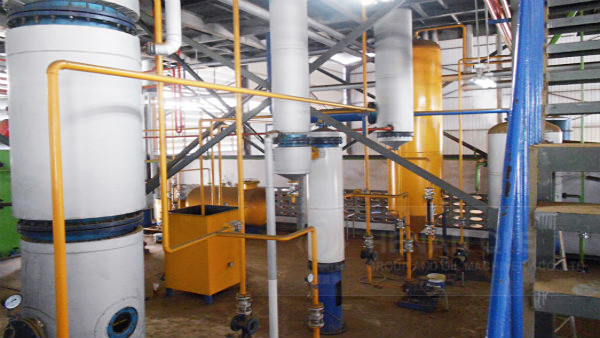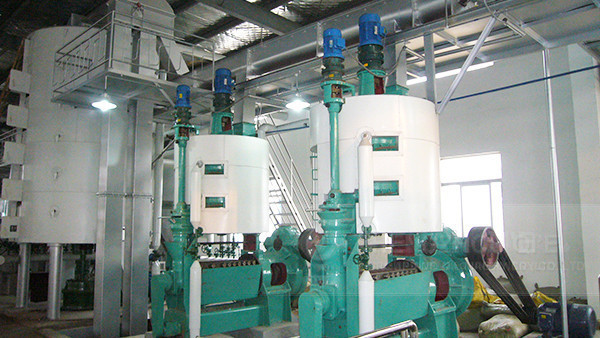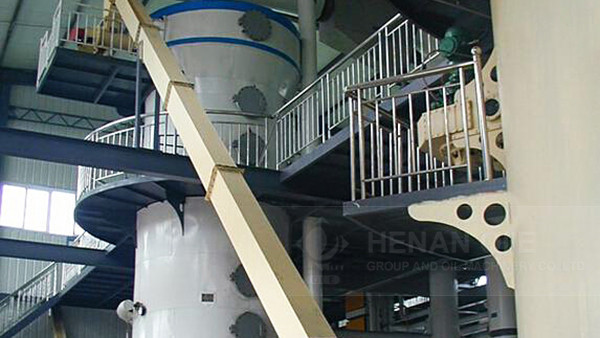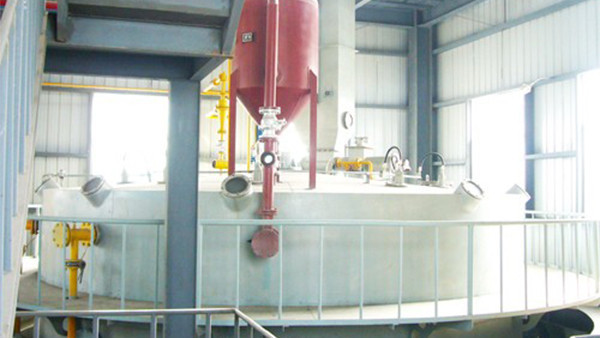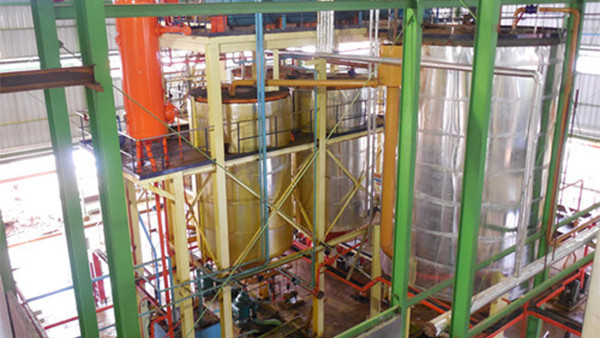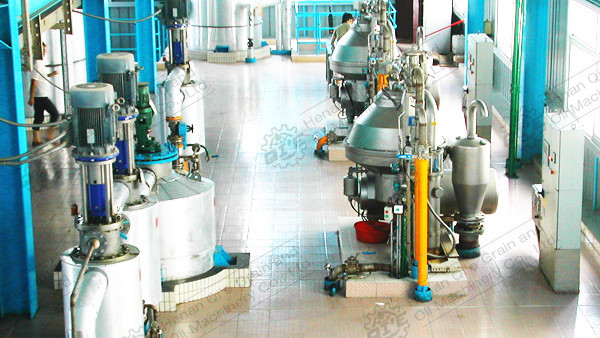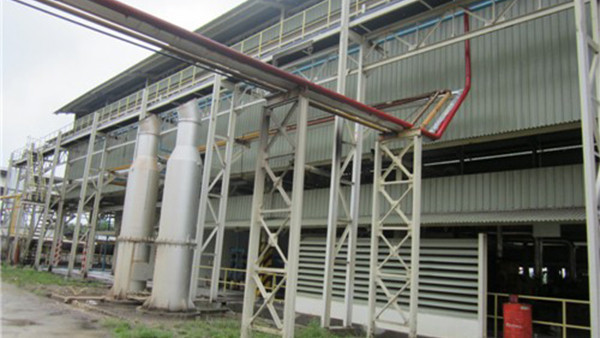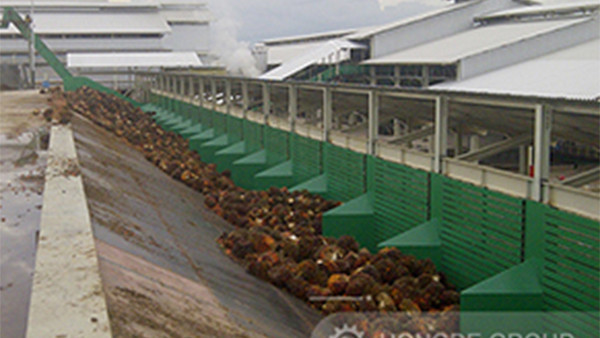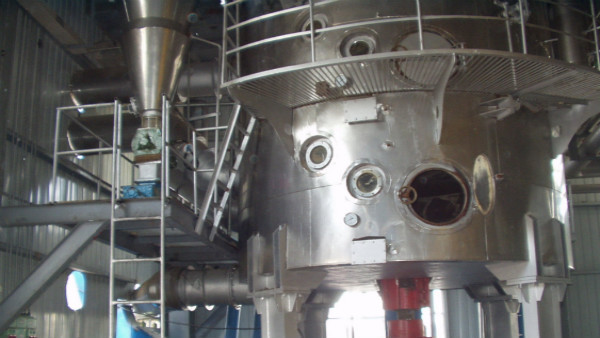
Introduction to shale and tight oil reservoirs - ScienceDirect
Tight reservoirs are petroleum resources produced from ultra-low permeability siltstone, sandstone, and carbonate, which are closely related to oil-source shales ( Zhang et al., 2016 ). Hydrocarbons stored in such reservoirs are called ¡ùtight gas¡ì or ¡ùtight oil.¡ì. Shale reservoirs are common types of unconventional resources composed of
Get Inquiry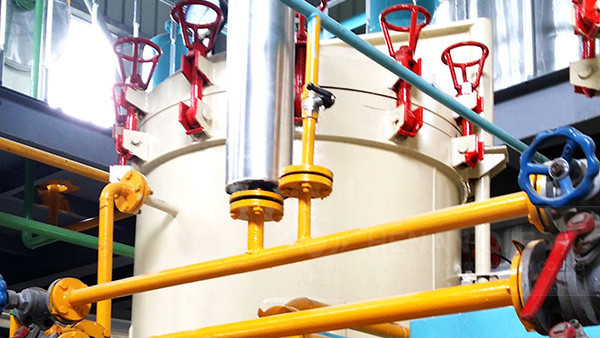
Frontiers - Use of Microorganisms in the Recovery of Oil From Recalcitrant Oil Reservoirs: Current State of Knowledge, Technological Advances and
Using current technologies, between 20 and 40% of the original oil in a reservoir can be extracted by conventional production operations (e.g., vertical drilling), with secondary recovery methods yielding a further 15-25%. Hence, up to 55% of the original oil can
Get Inquiry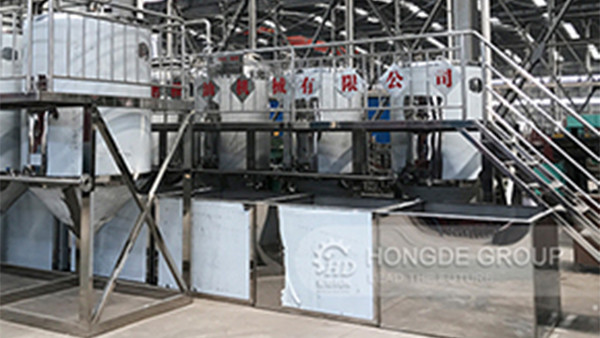
Types of Oil and Gas Reservoirs: A Detailed Exploration
In this comprehensive article, we delve into the intricacies of the main types of oil and gas reservoirs. 1. Conventional Reservoirs. Conventional reservoirs are the quintessential sources of oil and gas production. They are typically found in sedimentary rock formations that possess substantial porosity and permeability.
Get Inquiry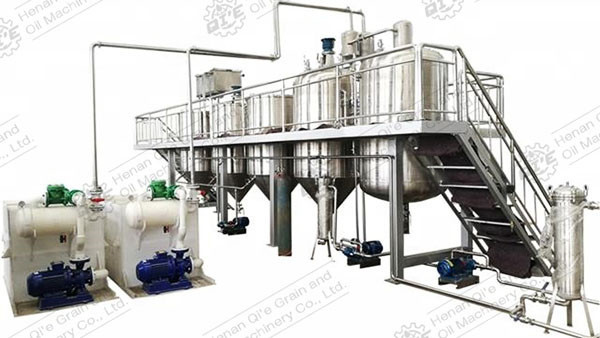
Overview of thermal concepts in enhanced oil recovery
Oil recovery methods have been developed to maximize oil production and recovery by reducing viscosity and increasing sweep efficiency. Extraction of heavy crude oil through thermal enhanced recovery is one of the most popular methods. This chapter presents thermal concepts in enhanced oil recovery. An introduction to the types of heat transfer
Get Inquiry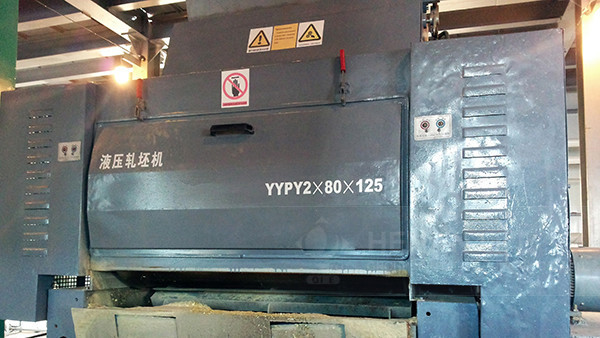
Conventional versus electrical enhanced oil recovery: a review - Journal of Petroleum Exploration and Production Technology - Springer
This paper presents a critical and an analytical view of some unconventional EOR techniques. This includes microwave heating, ultrasonic stimulations, direct current heating and induction heating. It also demonstrates that for some specific reservoirs scenarios, some of these unconventional techniques may provide more efficient results, in terms of recovery rate, over conventional techniques
Get Inquiry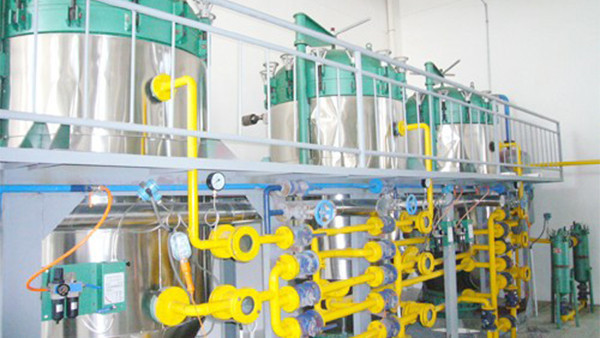
(PDF) A Comprehensive Review of Thermal Enhanced Oil Recovery: Techniques Evaluation
of this paper, is considered the dominant technique among all different methods of EOR. In this paper, we present a brief overview of EOR classi?cation in terms of thermal and. nonthermal
Get Inquiry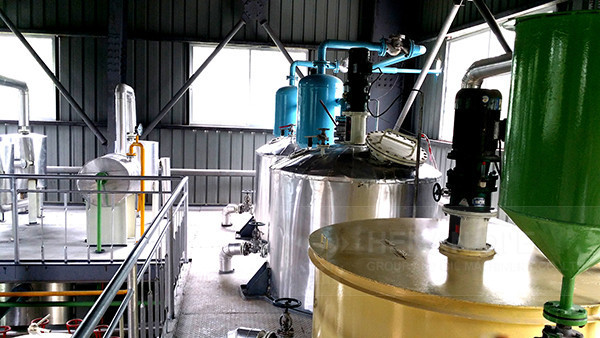
Chemical Enhanced Oil Recovery - Frontiers Research Topic
The extraction of oil from reservoirs is a vital concern within the realm of petroleum engineering and chemistry. This challenge necessitates not only efficient oil recovery but also environmentally responsible methods. With the ever-increasing demand for petroleum products, optimizing extraction processes has become imperative. Conventional techniques often leave a significant portion of oil
Get Inquiry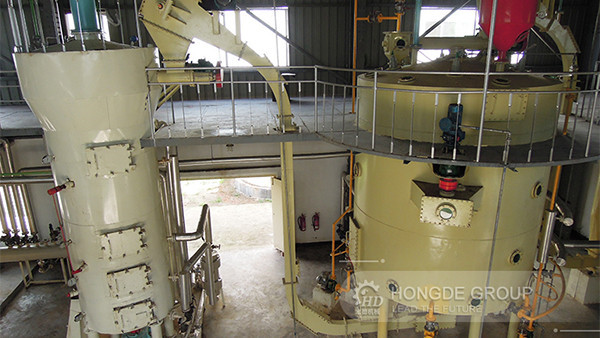
A critical review of carbon dioxide enhanced oil recovery in carbonate reservoirs - ScienceDirect
The WAG is an effective method to enhance oil recovery and is widely used in oil reservoirs. Because this method solves the problem of gas fingering phenomenon when CO 2 is injected into the reservoir because of an unfavorable mobility ratio [13] , this problem reduces the sweep efficiency resulted in a lower oil recovery factor [37] .
Get Inquiry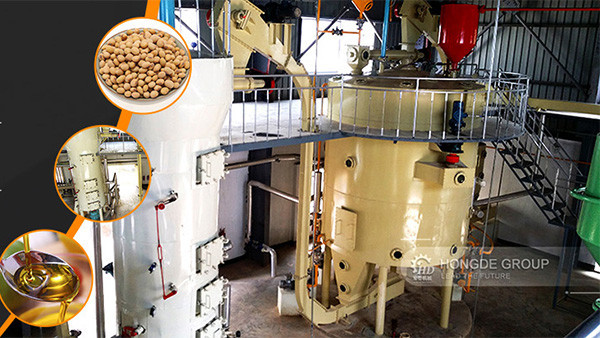
(PDF) Application of Enhanced Oil Recovery Methods in Unconventional Reservoirs: A Review and Data Analysis
The most applicable unconventional techniques that have been reported to enhance oil recovery are Carbon Dioxide (CO2) gas injection, low salinity water flooding, and surfactant.
Get Inquiry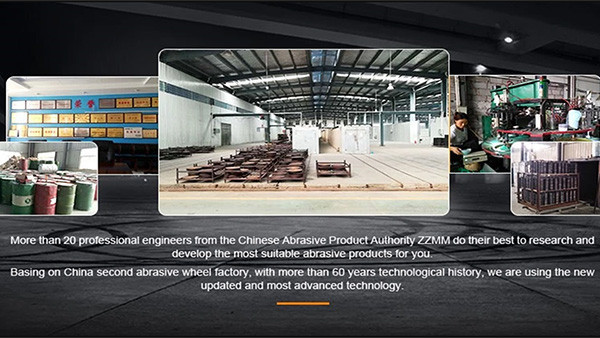
Enhanced oil recovery by using modified ZnO nanocomposites in sandstone oil reservoirs - Scientific Reports - Nature
Recently, nanocomposites were employed to improve the extraction of oil in different reservoirs. ... revealing their potential to enhance oil recovery in different wettability systems. Appl
Get Inquiry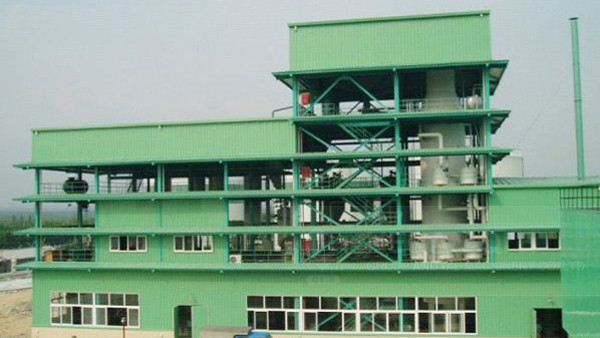
(PDF) Overview of Methods for Enhanced Oil Recovery from Conventional and Unconventional Reservoirs
7 Department of Technological Machines and Equipment of Oil and Gas Complex, School of Petroleum and. Natural Gas Engineering, Siberian Federal University, 660041 Krasnoyarsk, Russia; vladber@list
Get Inquiry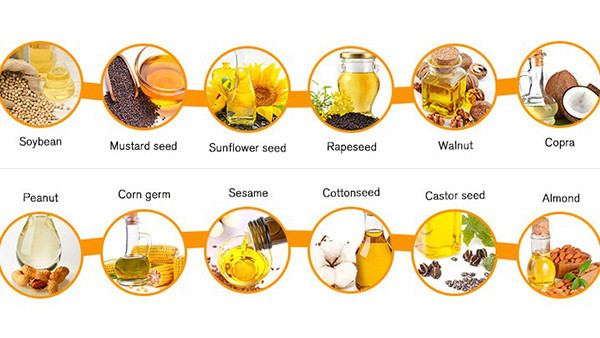
Extraction of petroleum methods (Oil extracting & drilling)
Efficient extraction techniques optimize production rates and allow for the recovery of significant quantities of petroleum from underground reservoirs. This process not only supports energy production but also contributes to job creation, economic stability, and technological advancements in the oil, gas industry and oil re-refinery.
Get Inquiry
An overview of chemical enhanced oil recovery: recent advances and prospects - International Nano Letters - Springer
Despite the progress made on renewable energy, oil and gas remains the worlds primary energy source. Meanwhile, large amounts of oil deposits remain unrecovered after application of traditional oil recovery methods. Chemical enhanced oil recovery (EOR) has been adjudged as an efficient oil recovery technique to recover bypassed oil and residual oil trapped in the reservoir. This EOR method
Get Inquiry
Applications of nanoparticles in enhanced oil recovery
The Enhanced oil recovery method (EOR) is the process of extracting additional crude oil from oil reservoirs with a recovery factor of about 30-60% (Tors?ter et al., 2021). In the EOR process, the residual oil is recovered by using chemical, thermal, miscible and polymer flooding.
Get Inquiry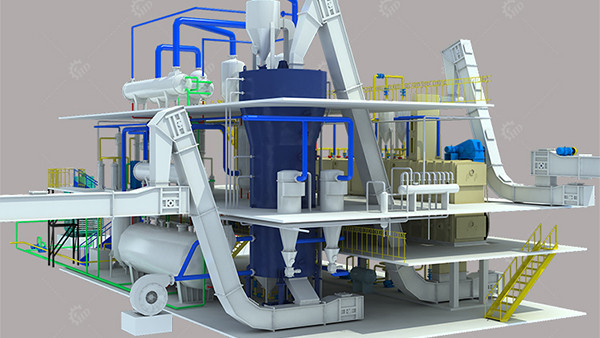
Effectiveness of electrokinetic-enhanced oil recovery (EK-EOR): a systematic review - Journal of Engineering and Applied Science - SpringerOpen
Hydrocarbons continue to play an important role in providing affordable energy to meet rising energy demand. Amidst growing concerns on the environmental impact of oil and gas production processes, many researchers are increasingly exploring environmentally sustainable methods of extracting hydrocarbons from the reservoir. The introduction of direct current into the pore space activates
Get Inquiry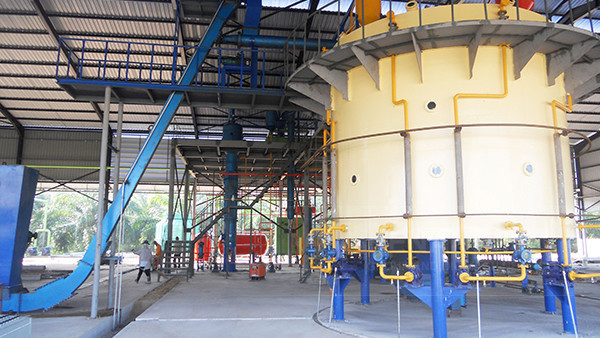
Microbial Enhanced Oil Recovery: An Overview and Case Studies
After traditional oil recovery processes, large amount of residual oil are still trapped in the pore spaces of the complex capillary network of the reservoir. MEOR (microbial enhanced oil recovery), a promising tertiary oil recovery method involves the utilization of indigenous microbial species capable of producing various secondary metabolites which further enhances the recovery of oil
Get Inquiry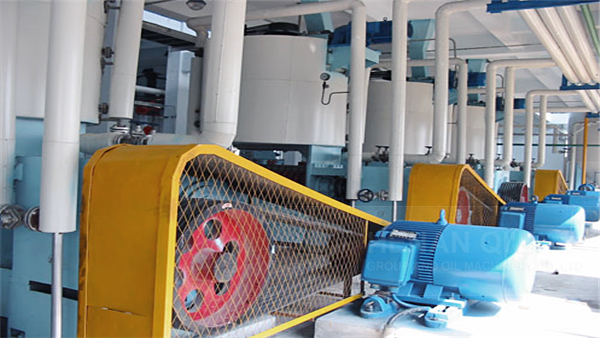
Carbon Dioxide Applications for Enhanced Oil Recovery Assisted by Nanoparticles: Recent Developments - ACS Omega
Carbon dioxide (CO2) in enhanced oil recovery (EOR) has received significant attention due to its potential to increase ultimate recovery from mature conventional oil reserves. CO2-enhanced oil recovery (CO2-EOR) helps to reduce global greenhouse gas emissions by sequestering CO2 in subterranean geological formations. CO2-EOR has been exploited commercially over recent decades to improve
Get Inquiry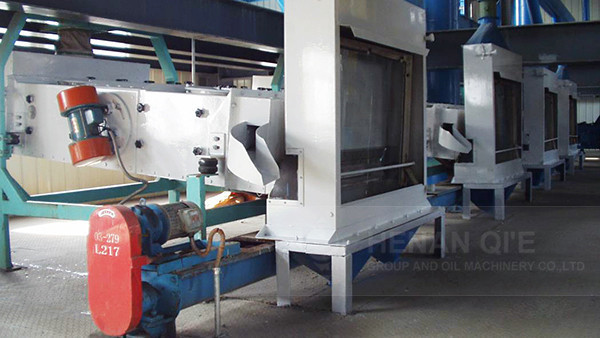
Chemical Enhanced Oil Recovery - Frontiers Research Topic
The extraction of oil from reservoirs is a vital concern within the realm of petroleum engineering and chemistry. This challenge necessitates not only efficient oil recovery but also environmentally responsible methods. With the ever-increasing demand for petroleum products, optimizing extraction processes has become imperative. Conventional techniques often leave a significant portion of oil
Get Inquiry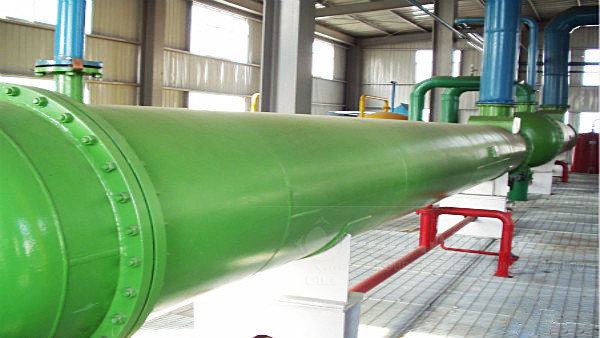
An analytical approach to maximizing reservoir production
A systematic approach to improving the productivity of a reservoir includes a comprehensive look at conditions across a basin as well as the total performance of oil and gas production operations, including existing wells, potential wells, and supporting systems. The first step is to identify the gap between current production levels and what
Get Inquiry
